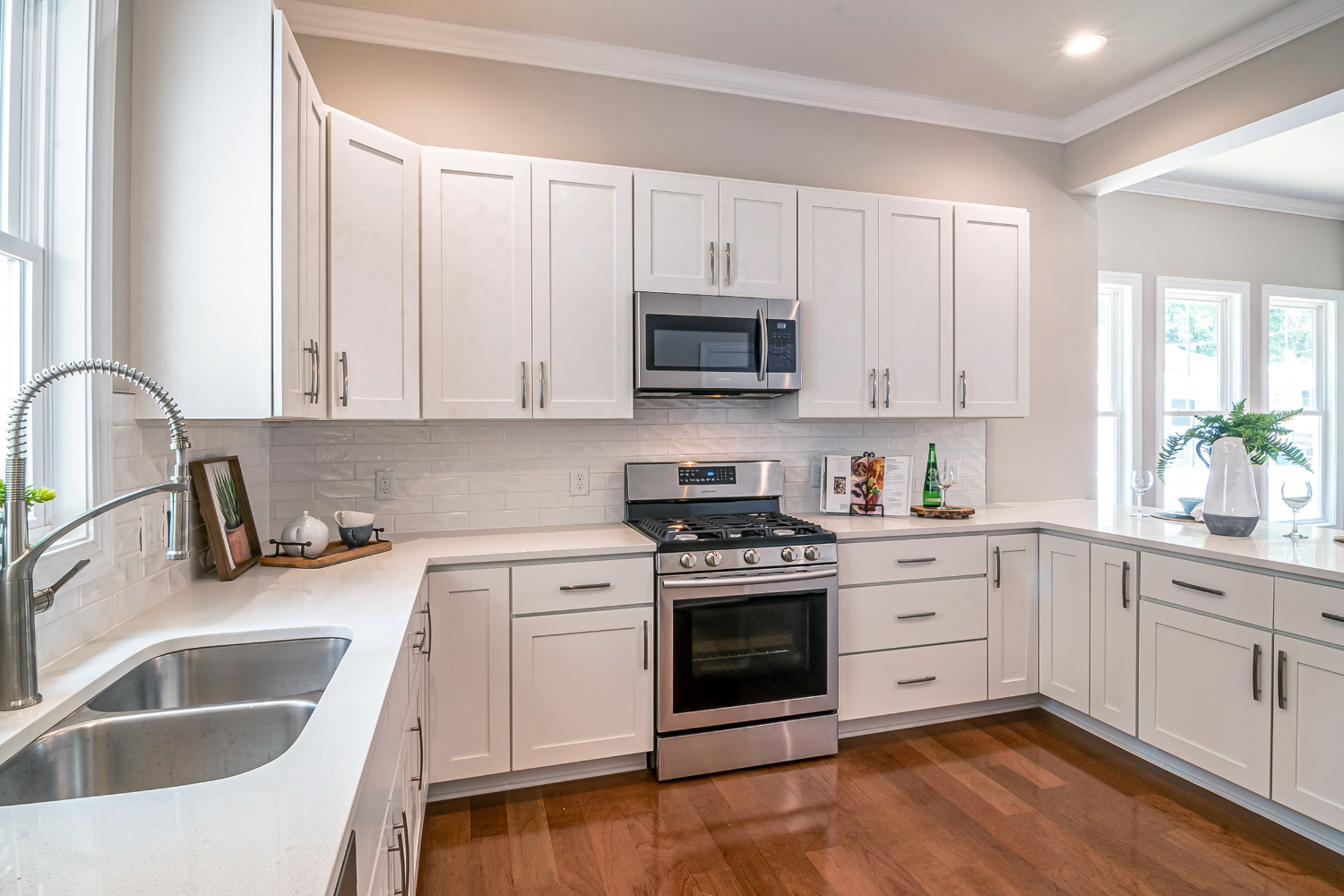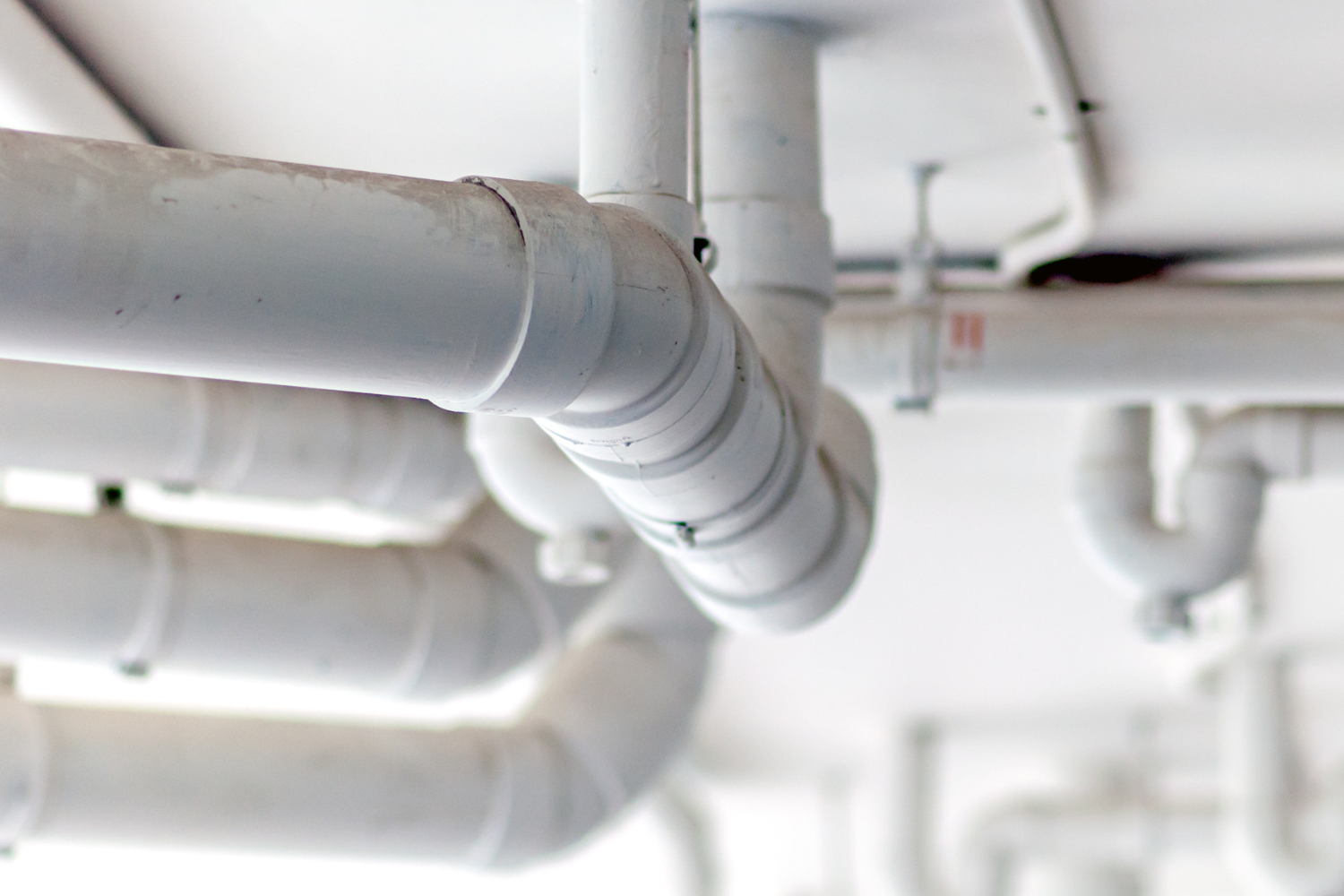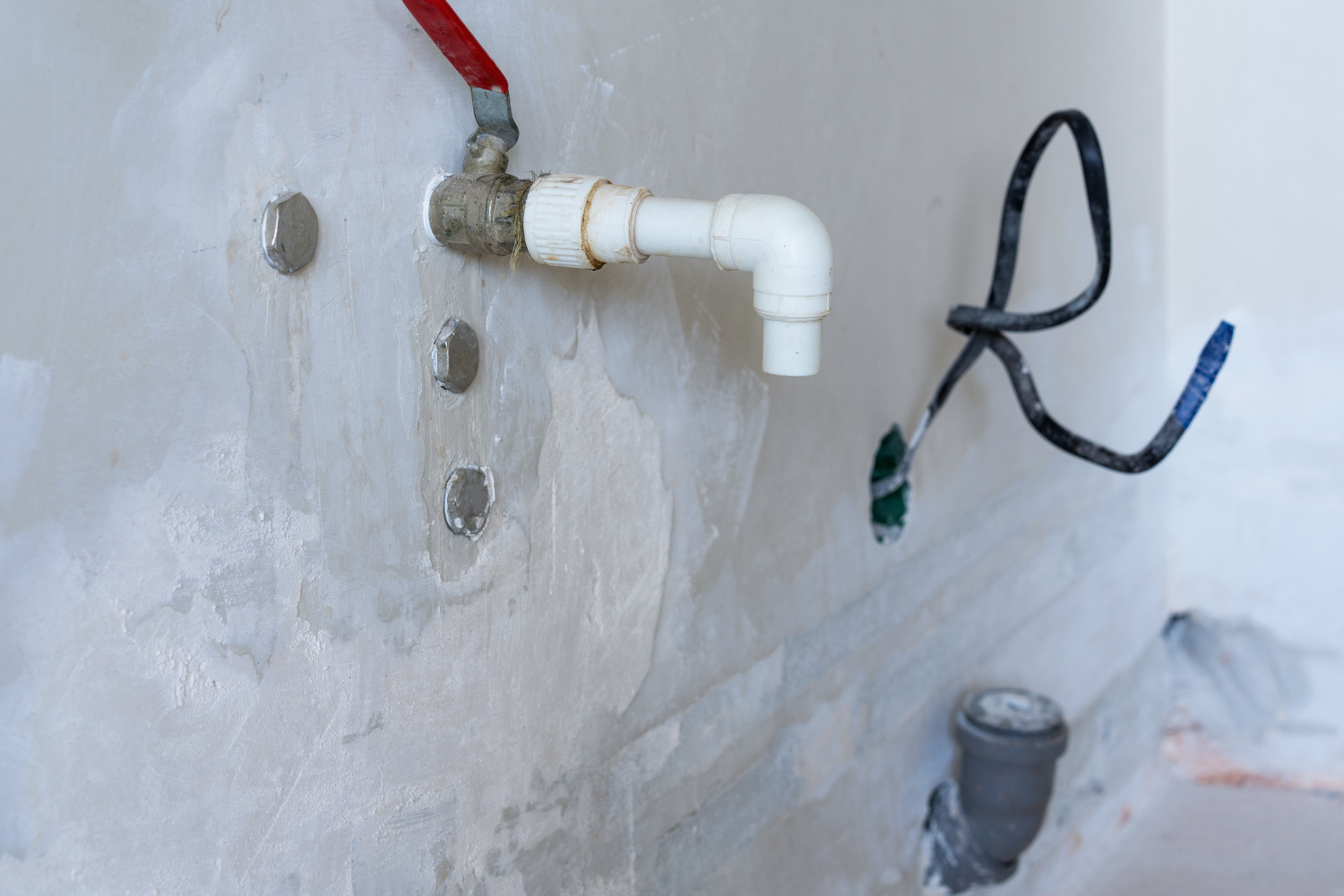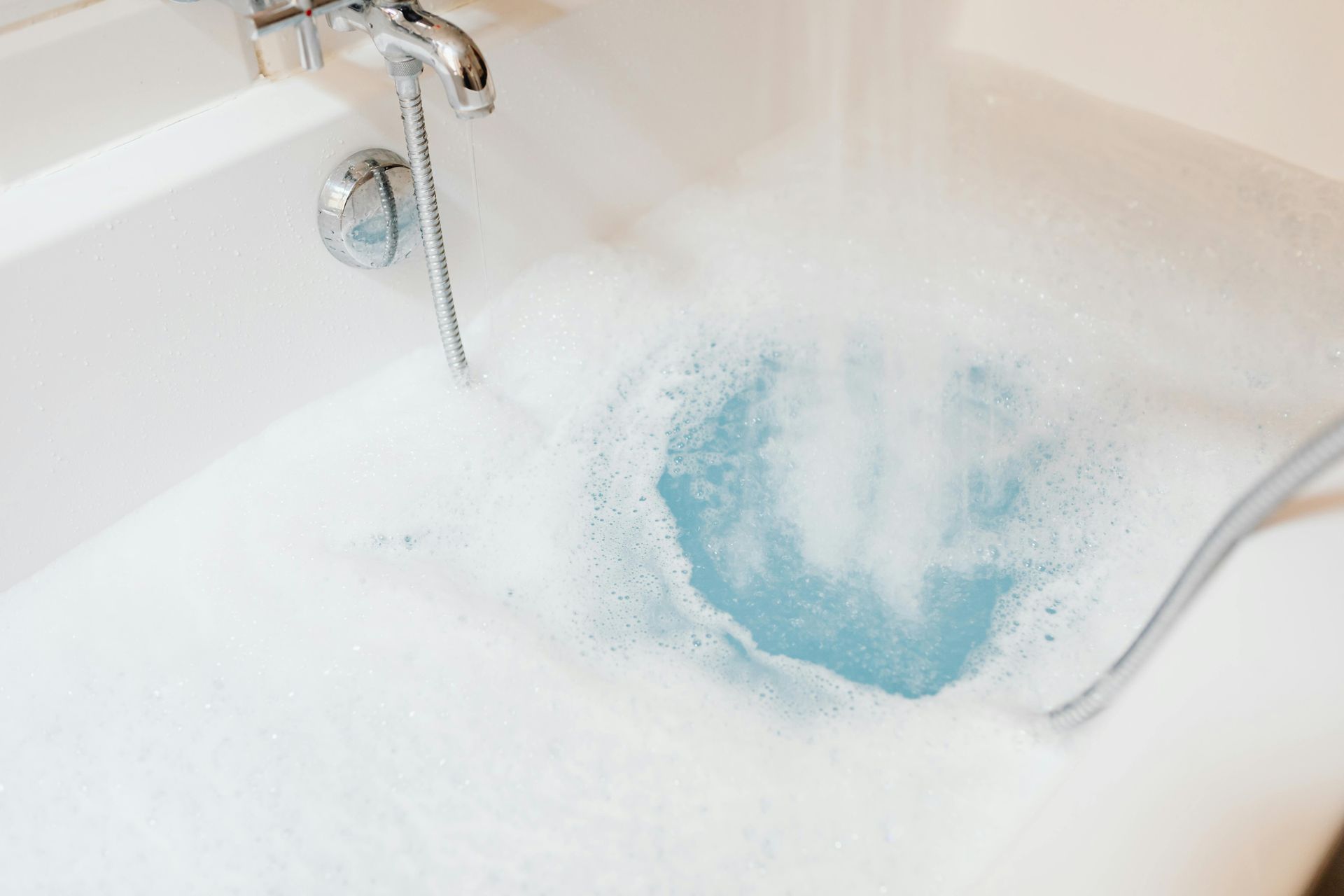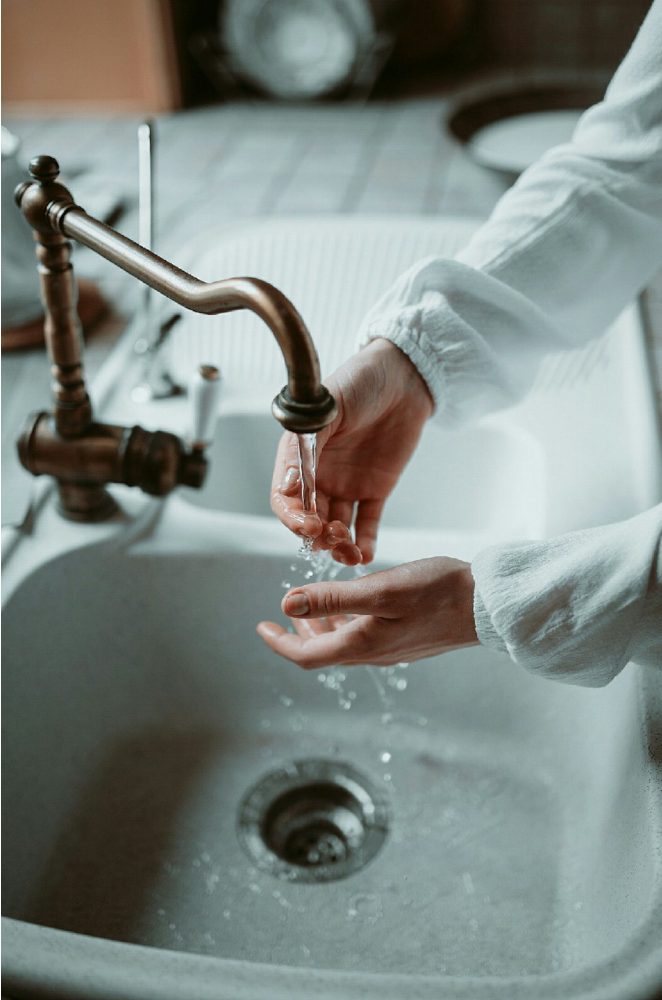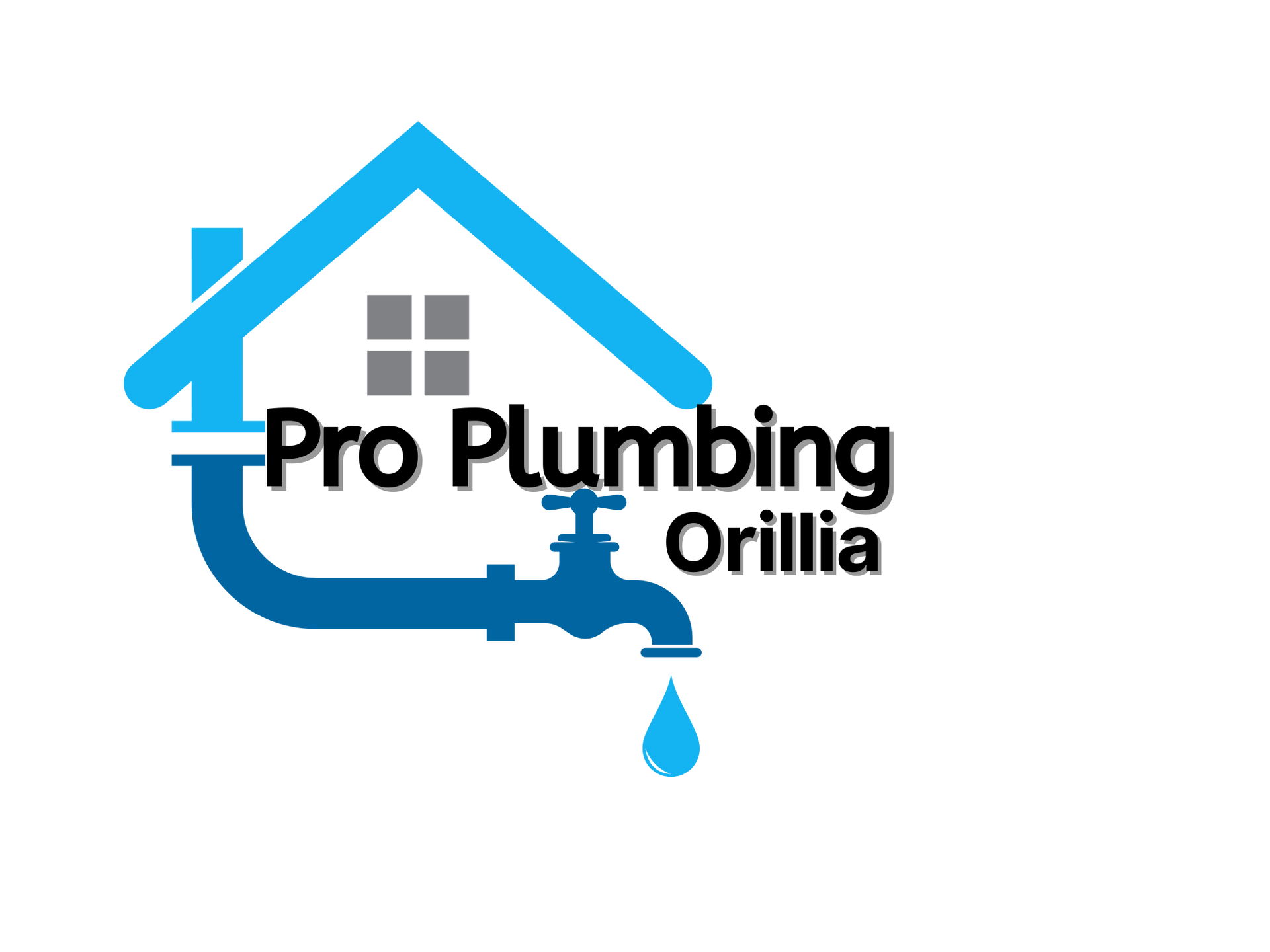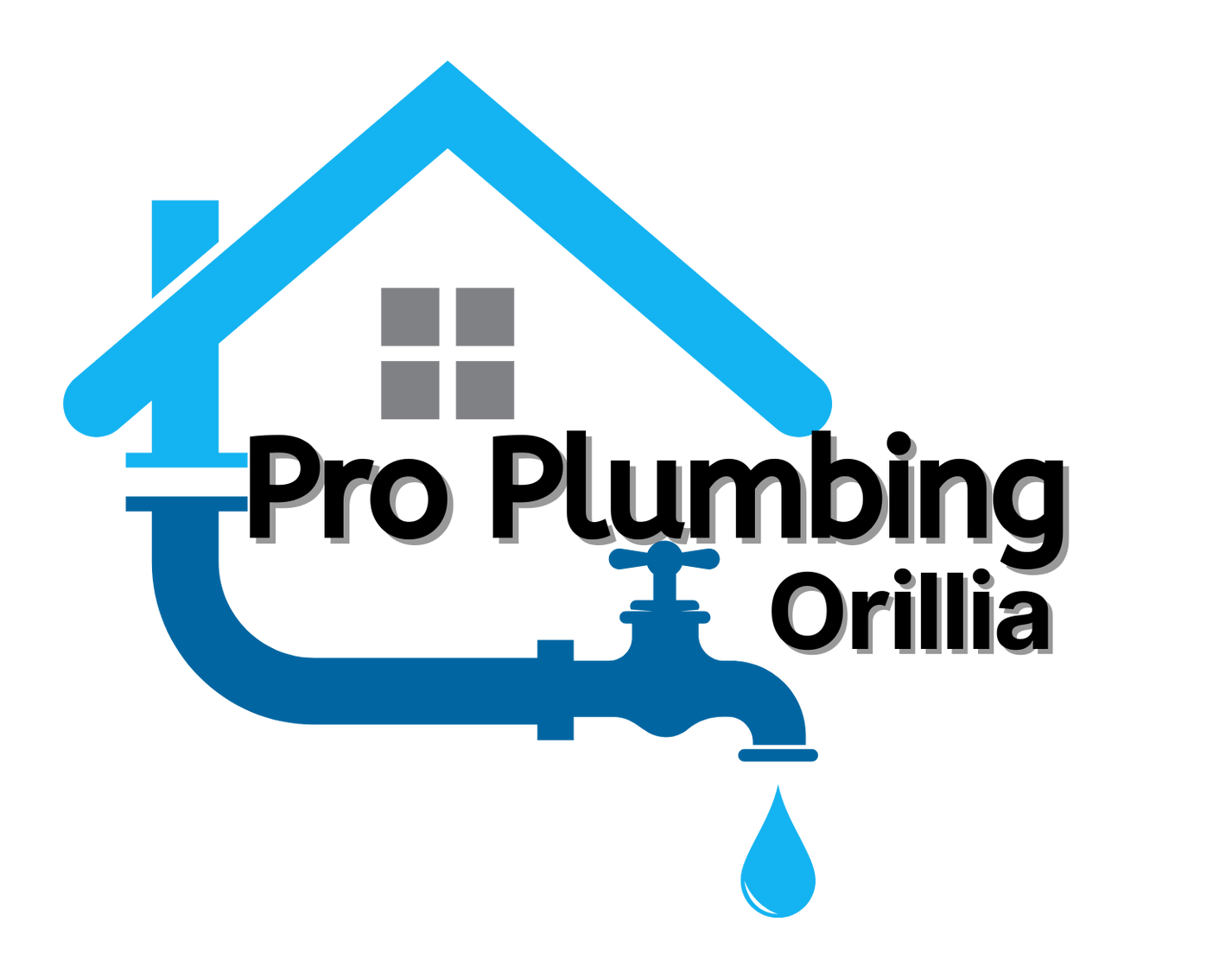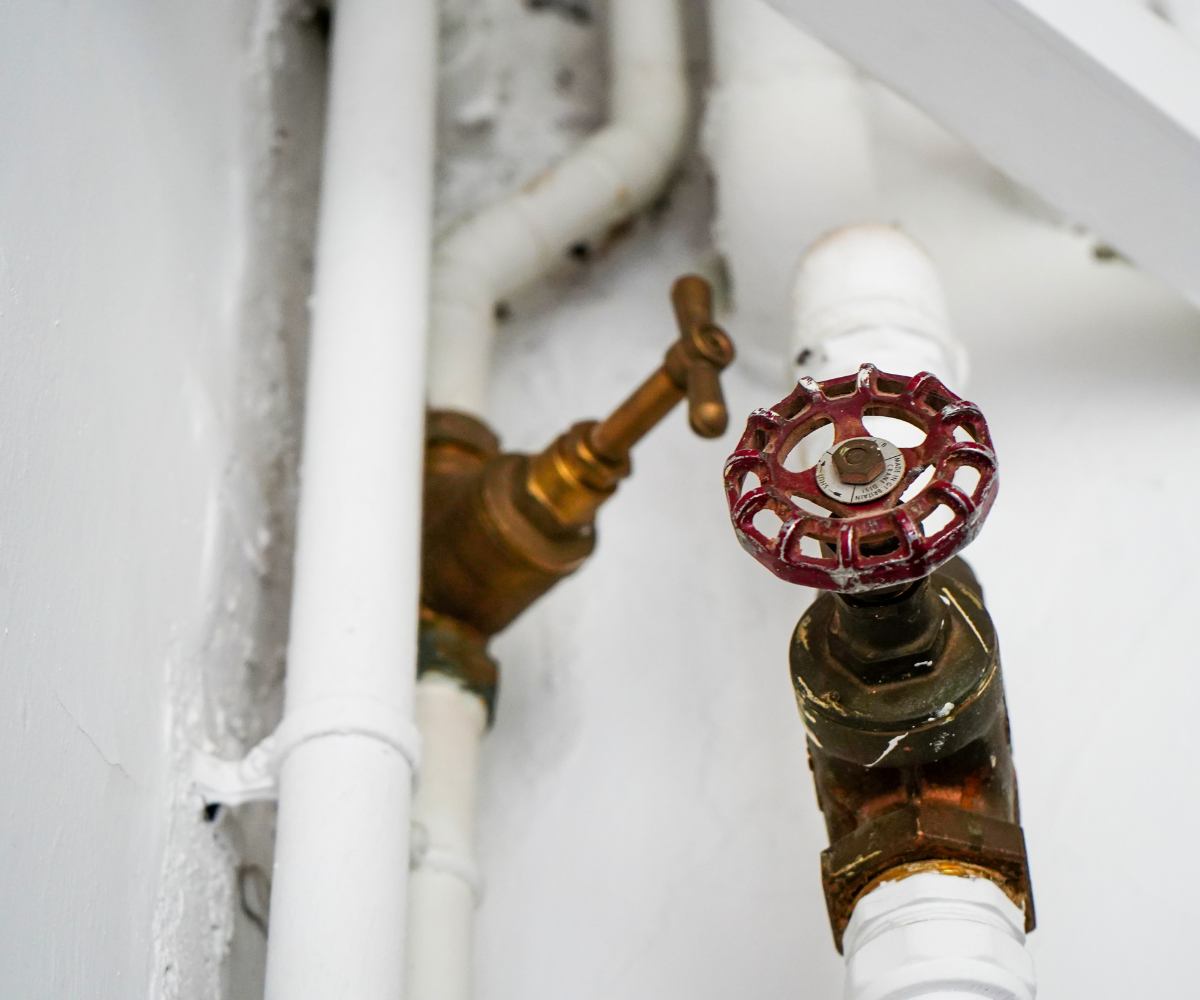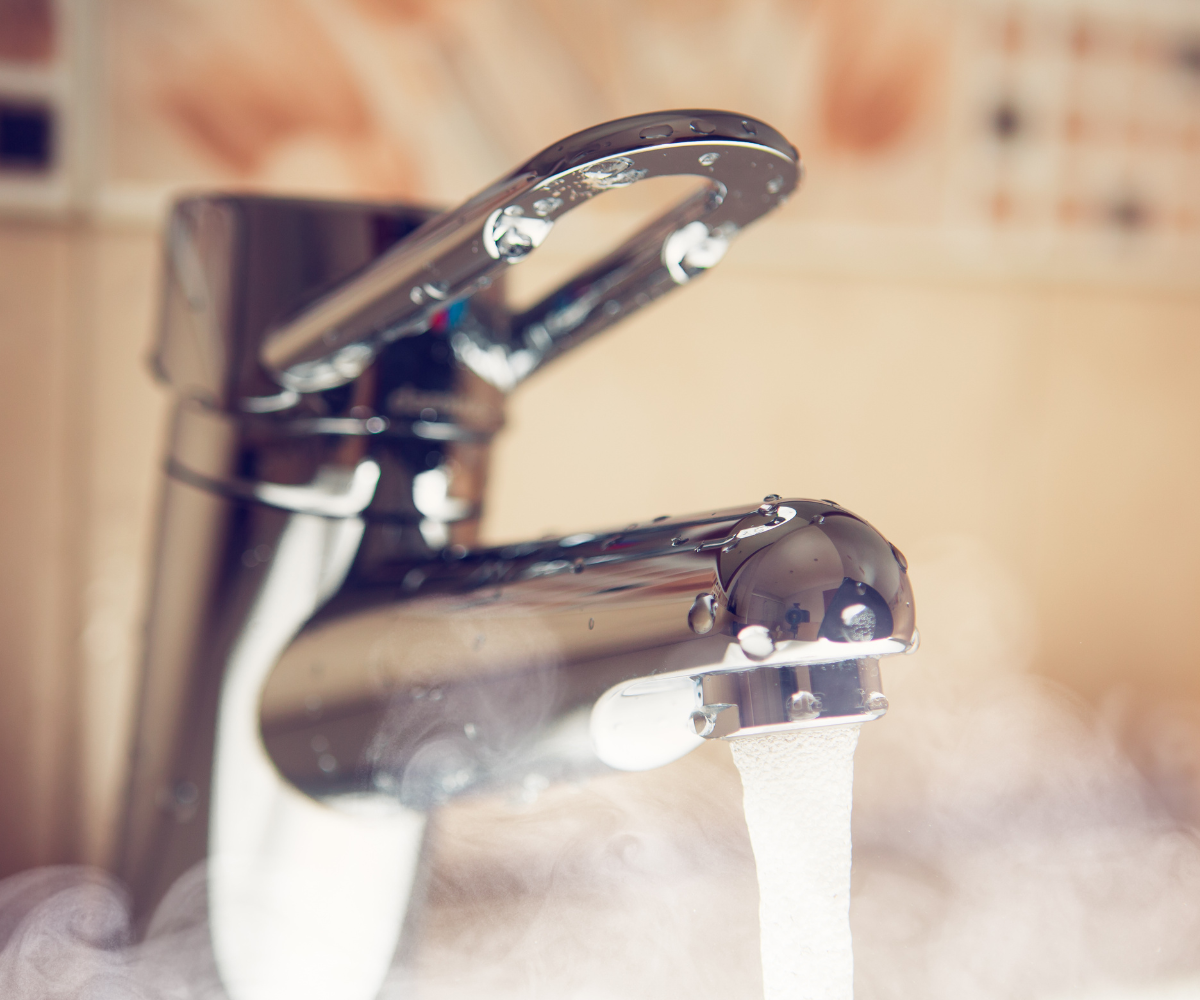December 8, 2025
Orillia winters aren’t gentle. With temperatures regularly dipping well below freezing, one of the most common plumbing emergencies our team at Pro Plumbing Orillia responds to is frozen and burst pipes . For both homeowners and businesses, a frozen pipe can stop water flow, cause major leaks, and lead to thousands in water damage. Let’s break down why pipes freeze here so often, the signs to watch for, and the best prevention strategies. Why Pipes Freeze So Easily in Orillia Cold snaps, lake-effect winds, and sudden temperature drops combine to put major stress on plumbing systems. The most at-risk pipes include: Pipes in uninsulated walls Crawlspace and basement plumbing Outdoor hose bibs Commercial units with large open areas or poorly heated utility rooms When water freezes, it expands — and that pressure can burst copper or PEX lines from the inside out. Early Warning Signs Many plumbing emergencies could be prevented if people recognized the early symptoms: Sudden lack of water at one faucet Frost or condensation forming on exposed pipes Unusual gurgling sounds A sewer smell coming from drains when pipes freeze underground If you notice any of these signs, shut off your water immediately and call a professional. How to Prevent Frozen Pipes Here’s what we recommend to all Orillia clients: Insulate exposed pipes in basements, garages, and crawlspaces Disconnect garden hoses before winter Keep interior temperatures stable — even in unused rooms Let taps drip during extreme cold Seal drafts around pipe exits and foundation openings Schedule a plumbing inspection before winter hits If your pipes freeze, never use an open flame to thaw them. It’s dangerous and causes fires every winter. Professional Help for Frozen Pipes Pro Plumbing Orillia provides fast local service, pipe thawing, burst pipe repair, and winterization for homes and businesses. If you want to avoid an expensive mess, prevention is always cheaper than cleanup.

